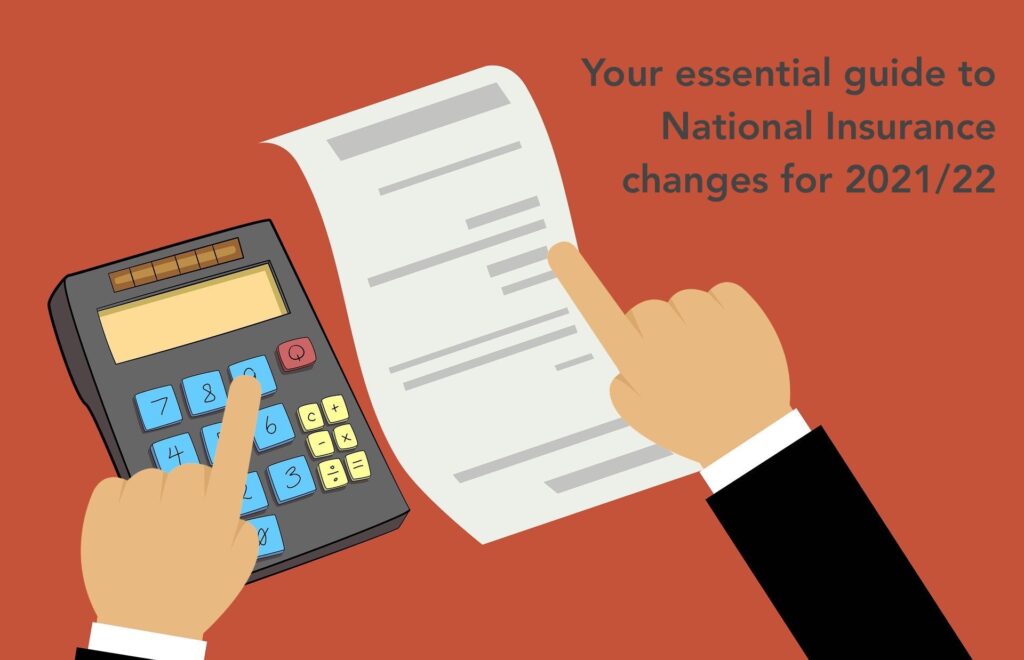The Spring Budget further extended the national insurance cuts first announced in last year’s Autumn Statement. In this blog we outline what this means for different types of businesses.
What the NI cuts mean for employers
In last year’s autumn statement, employee’s national insurance was cut by 2 percentage points from 12% to 10%. This change went into effect on 6 January 2024. The Spring Budget extended this further by reducing the employee national insurance contribution by a further 2 percentage points, bringing the rate down to 8% from 6 April 2024.
If you were planning to pay staff bonuses in your March payroll, then there may be some mileage in seeing if staff would like these payments deferred to April so that they benefit from the lower national insurance rate and keep more of the bonus.
This reduction only affects the rate of national insurance paid by employees though. The rate of employer’s national insurance remains unchanged at 13.8% for any wages you pay in excess of £9,100 a year (£175 per week). So for an employer, unfortunately there is no immediate financial benefit from the cut to the employee rate.
As an employer, you will need to be sure that your payroll software is updated for the change in rate prior to 6 April 2024. It is likely that most major providers of payroll software will be ready, but it would be a good idea to check this and that you are running the latest version. If the payroll is not updated, then you will deduct the wrong amount of national insurance and will need to correct this later, which may not be straightforward.
As has been the case in recent years, eligible employers can still claim an employment allowance in 2024/25, worth £5,000 per year as a reduction on their total National Insurance liability. Please speak to us if you are not sure how to claim this.
What the NI cuts mean for self-employed businesses
The rate of class 4 national insurance, which is added as part of your tax bill at the year end, has been further reduced with effect from 6 April 2024. It will now drop from 9% to 6% for profits between £12,570 and £50,270. The rate for profits over £50,270 will continue to be 2%.
If your trade profits for the 2024/25 tax year were £50,000, this rate reduction would give you a saving of £1,302 compared to the 2023/24 tax year. Of course, you will not necessarily feel this saving until you make your 2024/25 self assessment balancing payment on or before 31 January 2026.
As announced in last year’s Autumn Statement and further confirmed by the Spring Budget, class 2 national insurance will effectively be abolished. This will save £179.40 a year.
You do not need to do anything to benefit from either of these national insurance cuts. The reductions will be automatically applied to the calculation of your tax when your tax return is submitted.
If you are self-employed, your class 2 national insurance payments have been ensuring that you accrue entitlement to a range of state benefits, including the state pension. If your profits exceed £6,725 in 2024/25 you will continue to accrue entitlement to state benefits despite not paying class 2 national insurance. If your profits are less than £6,725, or you make a loss, you have the option of making class 2 contributions voluntarily, at £3.45 per week, so that you maintain your state benefit entitlement. The government has announced that it will consult on how it will deliver the final abolition of class 2 national insurance contributions later this year. Once this happens there will likely be a new method or criteria for accruing state benefit entitlements.
If you have any queries or concerns around your National Insurance obligations, contact one of our accountants for advice.




